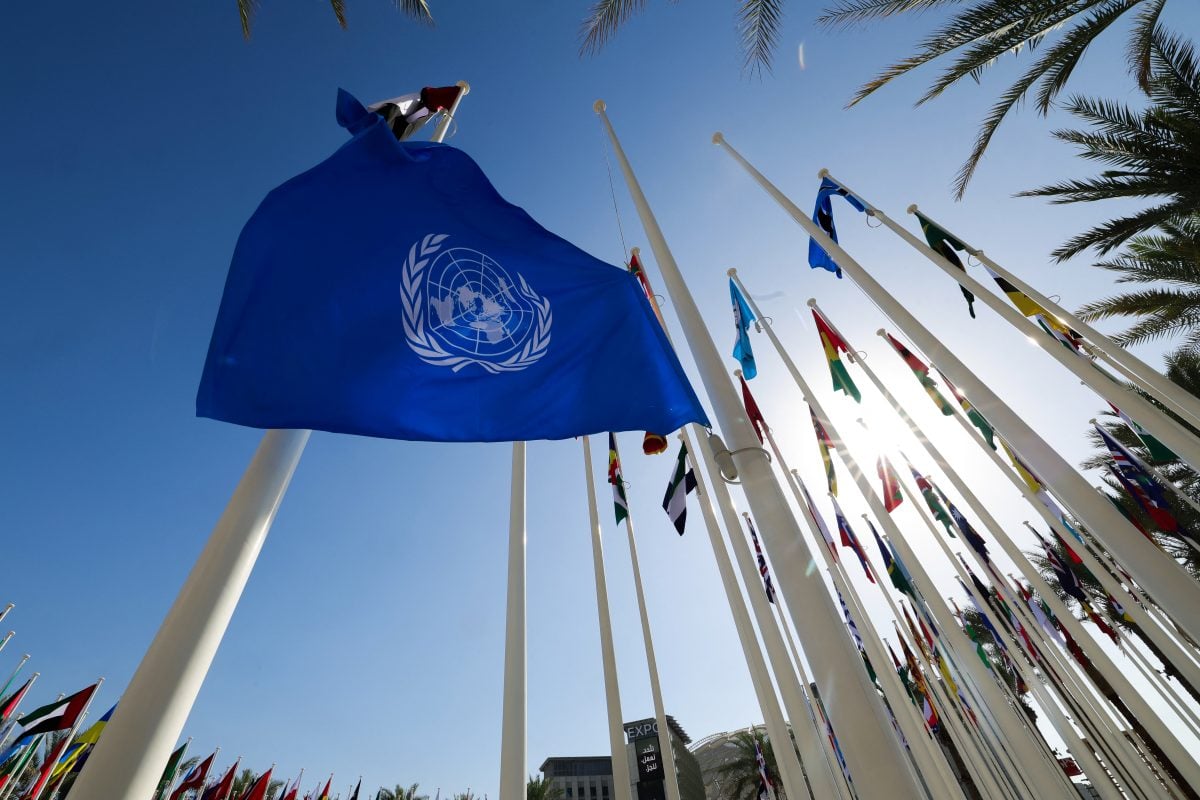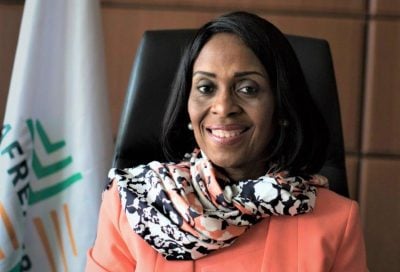Ahead of the UN Financing for Development Conference in Seville next week, countries have agreed to a set of broad commitments to reform the global financial system and increase development capital flows to Africa and other regions.
The Compromiso de Sevilla (the “Seville Commitment”) – which will be the legacy of the conference, to be held in the Spanish city from 30 June to 3 July – was the product of months of fraught negotiations and was only concluded after the United States walked out of the process entirely.
The Seville Commitment outlines actions to catalyse investment to bridge the $4 trillion financing gap to achieve the UN’s Sustainable Development Goals. It commits countries to “take concrete actions to enhance fiscal space, address debt challenges of developing countries and lower the cost of capital. It adds that signatories “will provide and mobilise additional, innovative, adequate, affordable, predictable, and accessible financing from all sources, recognising the comparative advantages of public and private finance.”
The document also pledges continued reform of the international financial architecture to enhance its resilience, coherence and effectiveness in responding to present and future challenges and crises, and commits to address the diverse needs and challenges faced by countries in special situations, “in particular African countries,” and other least developed countries.
Progress sealed despite US exit
The US, in isolationist mood, complained that the 38-page text was too long and too costly, and would duplicate existing mechanisms. Beneath many of its objections was a hostility to the UN, where decision-making is relatively democratic. Instead, the US wants power in the world economy to remain concentrated in the institutions where it holds most control, such as the IMF and World Bank, in which it is the largest shareholder and wields effective veto power.
For example, the US argued that calls for greater multilateral lending were an unjustified interference in the workings of international financial institutions. It said that UN fora have “no relevance for US trade policy,” nor were they an appropriate venue to discuss financial regulation. It added that proposals for a UN role in debt resolution were “unacceptable” and that a UN tax convention would represent “unwelcome overreach”. It even called into question the Sustainable Development Goals, which all countries agreed in 2015.
After the US stormed out, the rest of the world was able to reach a consensus. The EU, pointedly, celebrated the agreement as a victory for multilateralism.
But it too had challenged some of the demands coming from the Global South. European countries watered down the text and disassociated themselves from key passages.
‘A critical opportunity derailed’
“What began as a critical opportunity to advance essential reforms that would give Global South countries a seat at the decision-making table was ultimately derailed by sustained pressure from Global North countries, including the EU and UK, to pursue their policy agenda,” said Jean Saldanha, director of the European Network on Debt and Development (EURODAD), a civil society group.
“While there is some positive language in the document, at a time when Global South countries have been calling for the transformation of the international financial architecture, rich countries have once again shown their reluctance to give up their grip on the global economic system.”
One area of contention was debt. Civil society groups and some developing countries had been calling for an intergovernmental process towards establishing a UN Debt Convention.
The final text points at this idea, but the language has been watered down, aspiring only to “make recommendations for closing gaps in the debt architecture”.
“This cruel and unnecessary positioning by a small group of wealthy nations, dramatically delaying the establishment of a UN convention on debt, will exact a devastating human toll on people across the Global South,” said Liz Nelson, director of advocacy and research at the Tax Justice Network.
A section on special drawing rights (SDRs) – a kind of reserve asset created by the IMF – was also weaker than in earlier drafts.
The final version invites the IMF to create an “SDR playbook” for how they can be deployed during crises and shocks, but remains vague on the specifics. Despite their disappointment, developing countries were hopeful that the Compromiso de Sevilla offers something to build upon.
“While it is not a perfect reflection of all our priorities, it does represent a forward-looking and constructive step in many critical areas of financing for development, particularly for the Global South, to address the financing gap, advance the reform of international financial architecture, and to accelerate the achievement of the 2030 Agenda,” said the Group of 77 and China, a coalition that has expanded to include 134 countries, including many from Africa, since it was launched by 77 in 1964.
The G77 expressed regret that several of its priorities were not included. For example, it noted, there was no mention of existing climate finance commitments, non-tariff trade measures, or annual SDR allocations for development. It described the document as “a modest step toward improving the global financial safety net”.
Now the Global South will have to push hard to make sure that even these modest proposals are implemented.
Want to continue reading? Subscribe today.
You've read all your free articles for this month! Subscribe now to enjoy full access to our content.
Digital Monthly
£8.00 / month
Receive full unlimited access to our articles, opinions, podcasts and more.
Digital Yearly
£70.00 / year
Our best value offer - save £26 and gain access to all of our digital content for an entire year!

 Sign in with Google
Sign in with Google 



